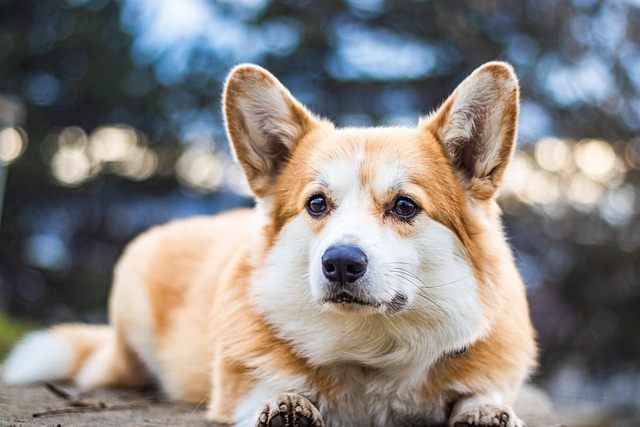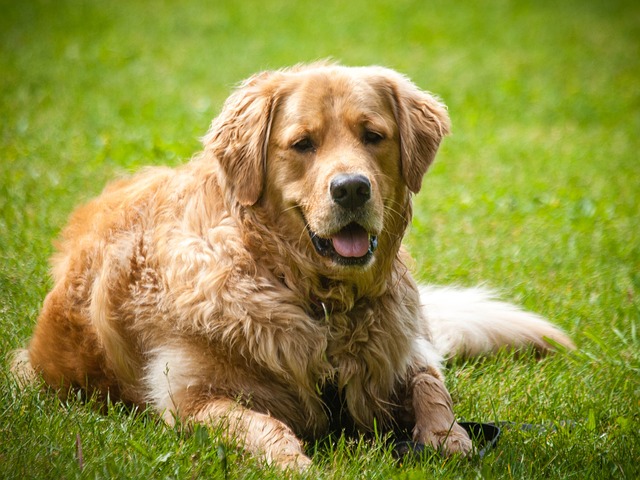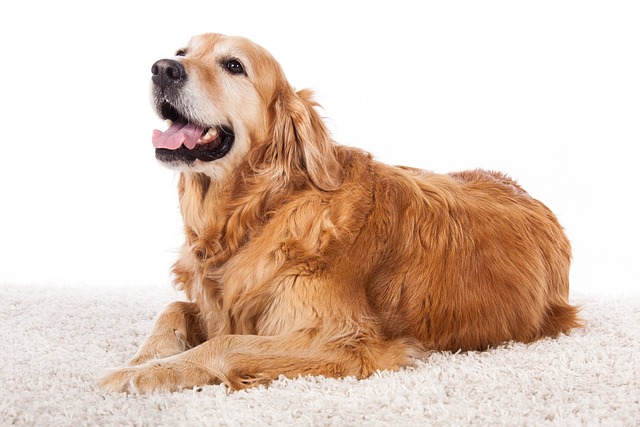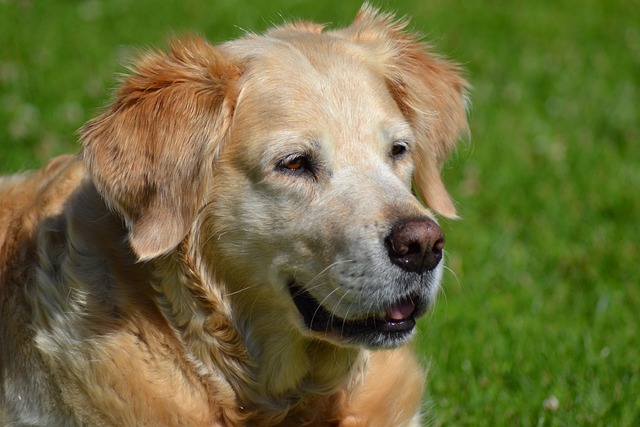
How long does it take to housebreak a corgi?
Most corgi owners find housebreaking takes 4 to 6 months, but this timeline shifts with consistency and your pup’s personality.
Samoyeds are playful, energetic pups, but their curious nature can make toilet training tricky—especially if you don’t nail down a consistent spot early. Start by picking a spot that fits your living situation: if you have a yard, choose a corner away from play areas; in an apartment, go for a durable pee pad near the door (avoid high-traffic halls where they might feel distracted). This consistency helps their tiny brains link “this spot” to “bathroom time.”
Timing is everything with these fluffy friends—Samoyed puppies usually need to go within 15 minutes of eating, napping, or playing. Keep an eye out for signs: pacing, sniffing the floor, or circling. When you see those cues, scoop them up gently and head straight to the designated spot. Once they go, shower them with praise and a small treat—positive reinforcement works way better than scolding for these sensitive dogs.
Don’t forget to stick to a schedule, even on weekends. Samoyeds thrive on routine, so feeding and potty breaks at the same times each day help them learn faster. If you’re out during the day, ask a neighbor or dog walker to take them to the spot—missing a break can lead to accidents, which slow down progress. And always clean up accidents right away with an enzyme cleaner; leftover smells will make them want to go in the same wrong spot again.
 It’s also key to stay compliant with local dog laws—many areas in the US and Europe require you to pick up after your dog in public, and some have rules about where dogs can relieve themselves (like no pottying on public grass in certain parks). Even in your yard, keeping the spot clean prevents pests and keeps neighbors happy. If you rent, check your lease too—some apartments restrict where you can place pee pads or require outdoor-only potty breaks.
It’s also key to stay compliant with local dog laws—many areas in the US and Europe require you to pick up after your dog in public, and some have rules about where dogs can relieve themselves (like no pottying on public grass in certain parks). Even in your yard, keeping the spot clean prevents pests and keeps neighbors happy. If you rent, check your lease too—some apartments restrict where you can place pee pads or require outdoor-only potty breaks.
Mistakes will happen—Samoyeds are stubborn sometimes, and a rainy day or a missed cue might lead to an accident. Don’t get frustrated; just clean it up calmly and get back to the routine. Most Samoyeds catch on within 4-6 weeks if you’re consistent. Remember, this isn’t just about training—it’s about building trust with your pup, so they feel safe and confident using their designated spot.
By the time your Samoyed masters their toilet spot, you’ll both feel relieved—no more scrubbing floors or stressing about accidents. Stick to the plan, celebrate the small wins, and you’ll have a well-trained pup who knows exactly where to go. Just keep that treat jar full and your praise loud—your fluffy companion will thank you for it.

Most corgi owners find housebreaking takes 4 to 6 months, but this timeline shifts with consistency and your pup’s personality.

Golden Retrievers are known for their friendly personalities and eagerness to learn, but potty training still takes patience—don’t expect them to master it overnight.

Feeling like you're held hostage in your own home because your dog barks furiously at every passing shadow or delivery person? Training a reactive dog begins right where you are

If you're struggling with a reactive dog, you're probably asking yourself this question daily, hoping for a clear-cut timeline.

Start with a toy your Belgian Malinois loves—maybe a rubber ball or a soft frisbee—and sit on the floor in a quiet room, no distractions.

The idea of socializing a reactive dog can feel like a paradox—how do you expose them to the world when the world seems to be their biggest trigger?